4.6 Google Rating
Why Is Water Coming Back Up My Shower Drain?
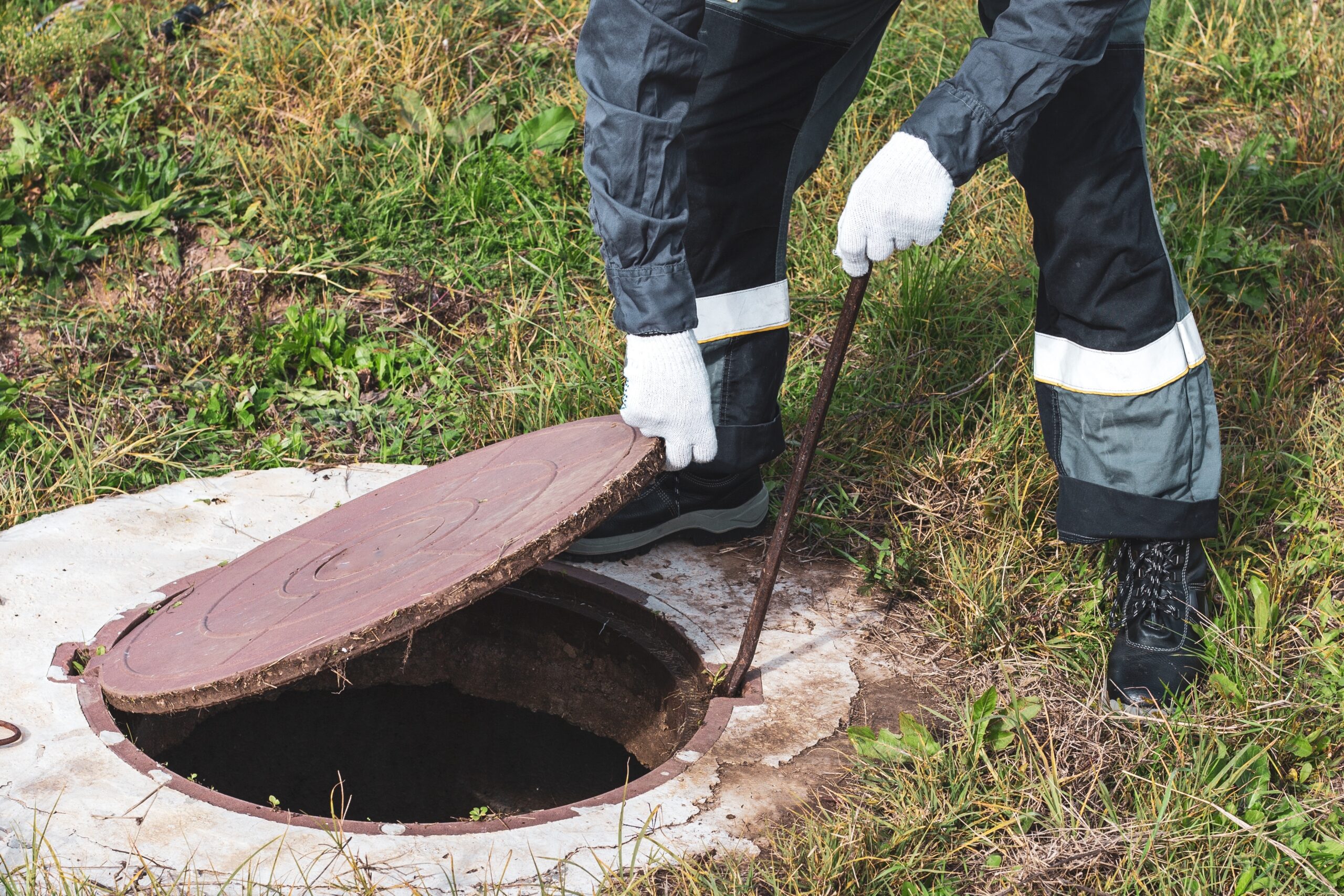
Why Is Water Coming Back Up My Shower Drain?
The drain in your shower is supposed to safely remove used water from your home — not the other way around. After taking a shower or a bath, the water you’ve used to clean yourself is no longer clean. At best, it’s full of residue like hair, soap particles, and grease. At worst, if that same water has made its way to the main sewer line, it’s contaminated with disease-carrying bacteria. Keep this in mind if you notice dirty water coming back up through your shower drain, as it needs to be addressed right away.
In the following guide, we will review the potential causes of a clogged sewer line and the consequences of ignoring it. If you suspect your home needs sewer line repair, keep reading for helpful clog prevention and repair advice.
Why Is Dirty Water Coming Up Through My Bathtub Drain?

If you notice dirty water coming back up through the drain in your bathtub, you have deeper issues than a few clogged hairs. The emergence of dirty water means your sewer drain is clogged and it’s time to call a sewer line repair professional.
Clogged sewer drains are considered plumbing emergencies because of the serious health and safety risks they pose to your property and those inside. When bacteria-contaminated sewage backs into your plumbing system and finds its way into the rooms where you go to wash up, you need help. Sewer repair contractors possess the proper equipment and expertise to unclog your pipes and reverse the damage safely.
What Causes a Sewer Clog?
Clogged sewer drains can be caused by a variety of factors, including:
- Old or misaligned pipes
- Grease and cooking fats accumulating in your pipes over time and solidifying
- The buildup of other domestic residues, such as soap, food waste, non-flushable papers, dirt, and hair
- Obstruction from tree roots that have grown into your drainage system
Signs of a Clogged Sewer Drain
When your sewer line gets clogged or blocked, wastewater has no choice but to go back up where it came from: into your home. In addition to sewage-contaminated water resurfacing from your shower drain, there are several other telltale signs that you have a clogged sewer line:
Numerous Clogged Fixtures in Your Home
Clogged fixtures are usually isolated and can be fixed with a trusty plunger. However, if multiple fixtures are repeatedly clogged at the same time, you have a clogged sewer drain — which means it’s time to repair or replace your sewer line.
Your Fixtures are Acting Up
Likewise, if these same plumbing fixtures aren’t functioning properly, you may need more than a screwdriver to fix the issue. For example, if you flush your toilet and water comes back up from the drain in your kitchen sink, you likely have a clogged sewer line.
Slow Draining
If, when you take a shower or flush your toilet, water drains slowly or not at all, this could indicate that your wastewater has nowhere to go due to a clogged sewer drain.
Foul Smells
The smell of sewage gas is as unmistakable as it is unpleasant. If you notice sewage odor emanating from your toilet, shower, or sink, it may indicate a clog somewhere along your sewer system.
Is Toilet Paper Clogging Sewer Lines?
Now is a good time to reinforce that certain items like paper towels, napkins, feminine products, baby wipes, and diapers should never be flushed down the toilet. However, even sewage-safe toilet paper can cause clogged sewer lines if used inappropriately.
Especially if your pipes are degraded with age and wear, using too much toilet paper can cause blockages in your sewage drain. Always exercise caution and flush sporadically if needed to make sure that your toilet paper has enough time to dissolve before building up excessively.
The Consequences of Ignoring Drain Clogs
Extreme blockages can cause your pipes to rupture, leading to wastewater emergencies in and around your property. If unaddressed, even minor clogs will become increasingly severe over time. Depending on how long either scenario goes ignored, the extent of property damage can be compounded dramatically, leading to expensive — not to mention dangerous — sewer line repair requirements.
If you suspect your sewer drain is clogged, call a sewer repair professional right away to minimize costly damage or prevent it from happening in the first place.
How Frequently Should Sewer Lines Be Cleaned?
Think of sewer line maintenance as health insurance for your home’s plumbing system. Regular drain cleaning isn’t just about preventing clogs — it’s about protecting your investment and avoiding the stress and expense of emergency repairs.
The general rule of thumb is to have your sewer system cleaned by a professional sewer line plumber every 18-24 months. When you consider the potential costs of major sewer line repairs, scheduling routine maintenance at this frequency is a small price to pay for peace of mind.
Additional Factors That Influence Cleaning Frequency
- Household Size
- Larger families (4+ people): Every 12-18 months
- Smaller households (1-3 people): Every 18-24 months
- Property Age
- Homes over 40 years old: Every 12-18 months
- Newer construction: Every 18-24 months
- Historic homes (pre-1950): Annual inspections recommended
- Tree Coverage
- Properties with large trees near sewer lines: Every 12-18 months
- Minimal tree coverage: Standard 18-24 month schedule
What Should I Do If I Have a Clogged Sewer Drain?
Now that you have a better understanding of how to distinguish between common clogs and clogged sewer lines, it’s time to emphasize the importance of calling a professional plumbing repair service for the latter scenario. Because sewer line repair involves exposure to sewage, it should never be attempted without the appropriate safety equipment, expertise, and regulatory knowledge.
Depending on the severity of the issue, professionally trained sewer repair contractors are certified to provide a variety of clog solutions, including:
- Pipe realignment
- Pipe replacement
- Sewer line cleaning
- Sewer line unclogging
- Shower or bathtub drain replacement
Get Help With a Clogged Sewer Line From Mullin Plumbing
When you need dependable sewer line repair, count on Mullin Plumbing. Whether you’re experiencing slow drainage, dirty water backing up into your shower, foul odors, or you simply want to schedule an inspection to prevent these issues from occurring in the first place, rely on the company your neighbors have trusted with their plumbing since 1973.
Call Mullin Plumbing for quality sewer clog solutions. Our technicians are available when you need them most, and they look forward to working with you.
Recent News
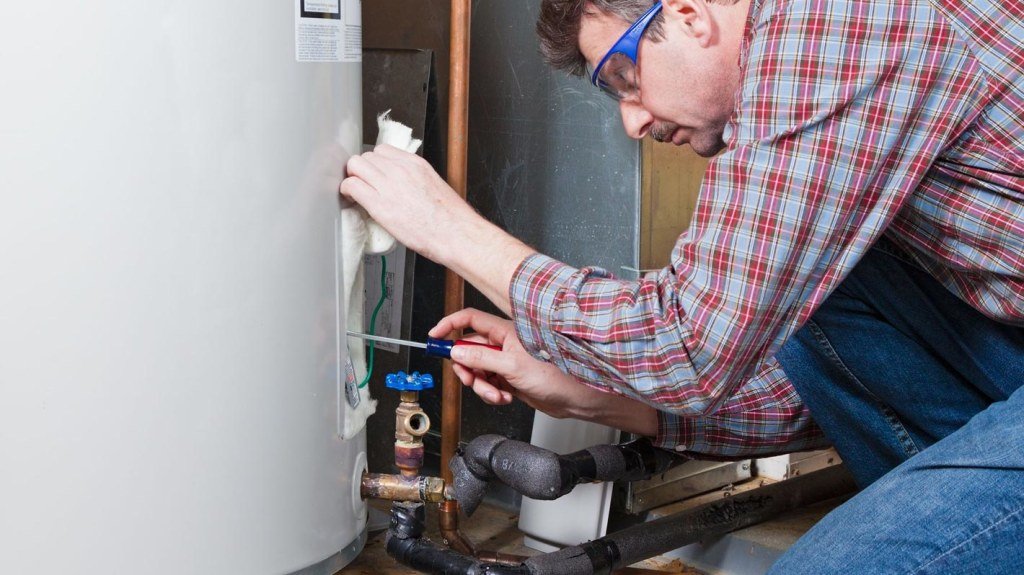
The Environmental Benefits of Upgrading to Low-Flow Fixtures

How Plumbing Systems Differ Between Older and Newer Homes

Is an Aerobic Septic System Worth Installing?

Septic Tank Repair For Concrete Septic Tanks
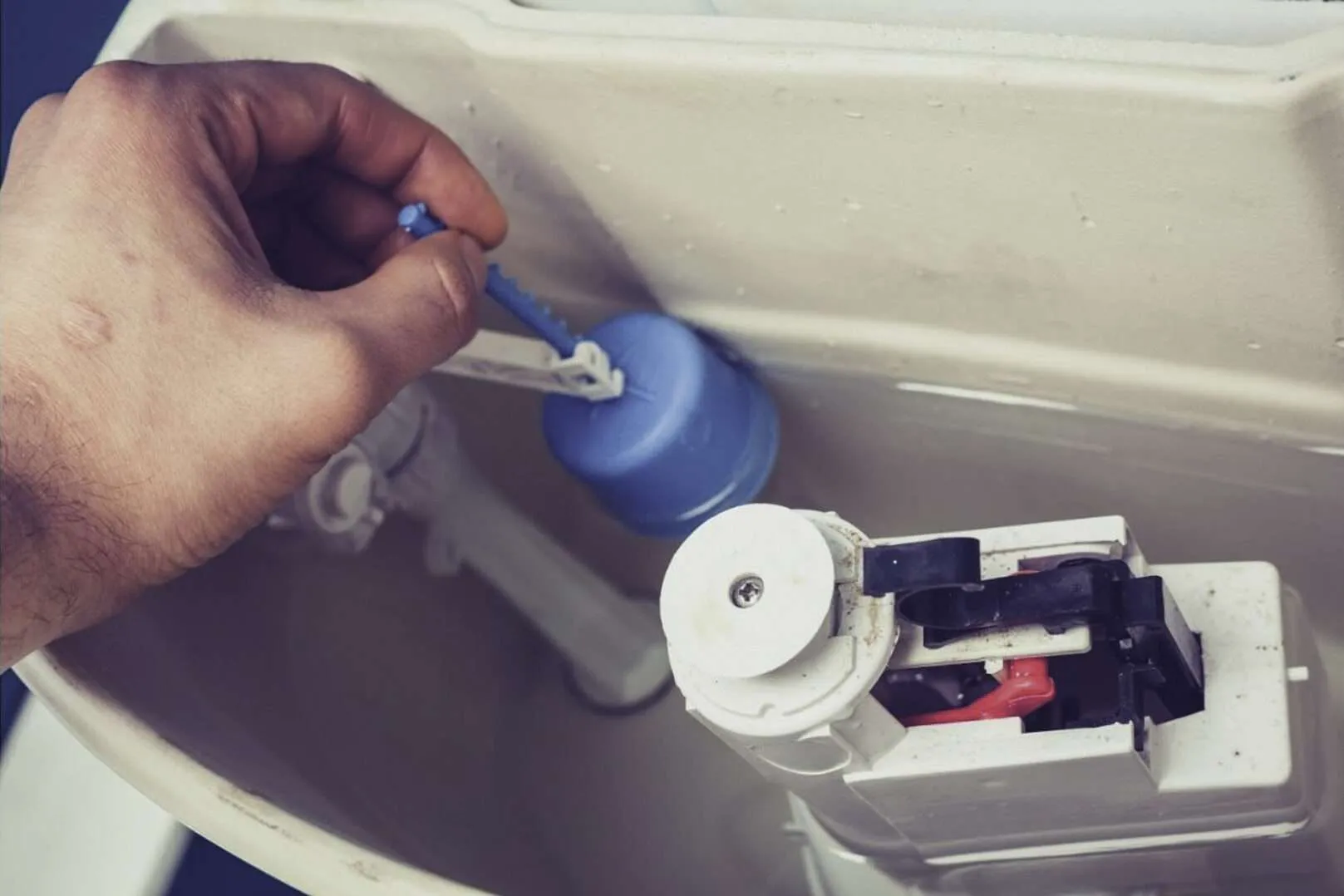
Is a Running Toilet a Problem?
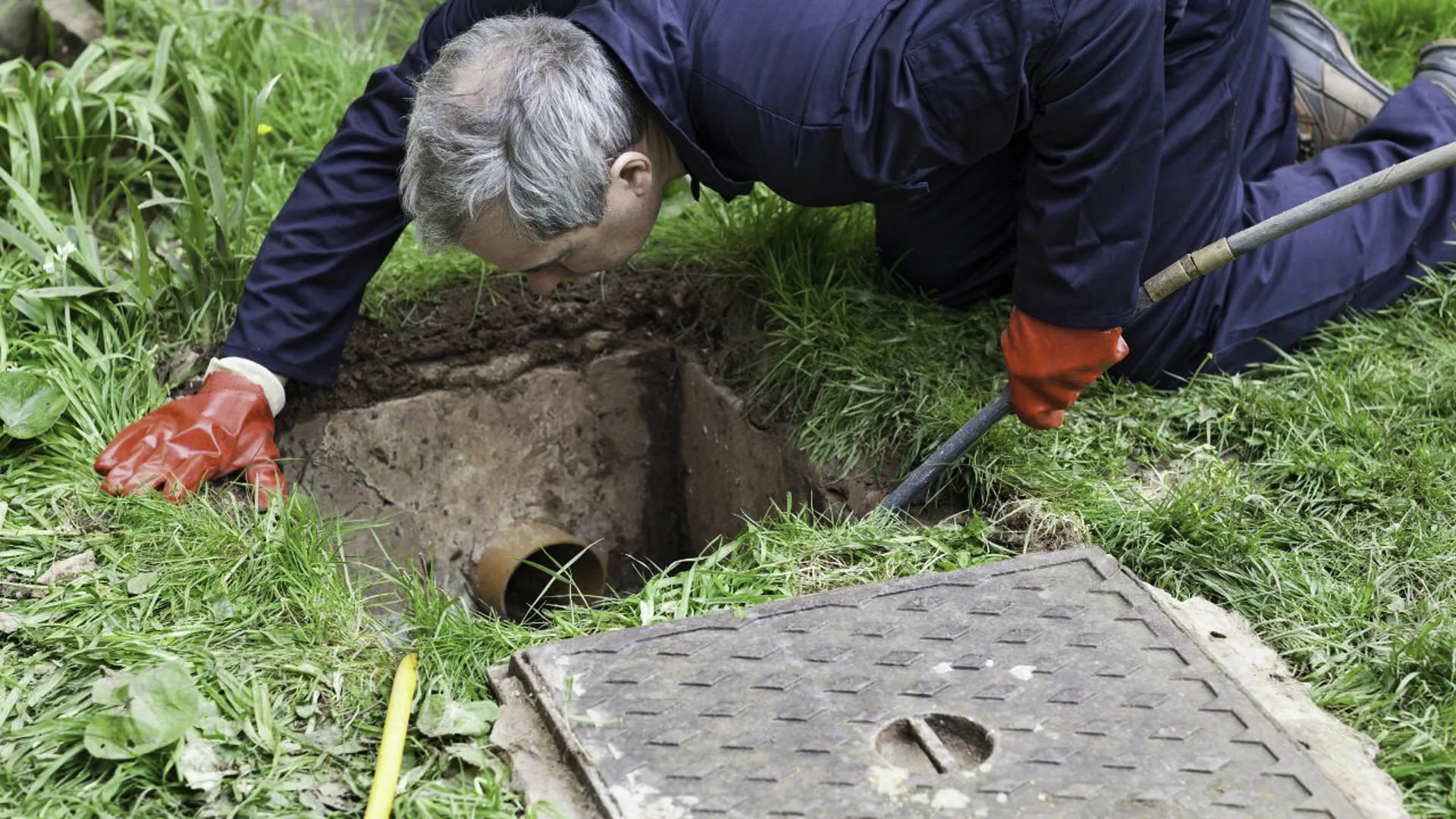
What is Considered a Plumbing Emergency?
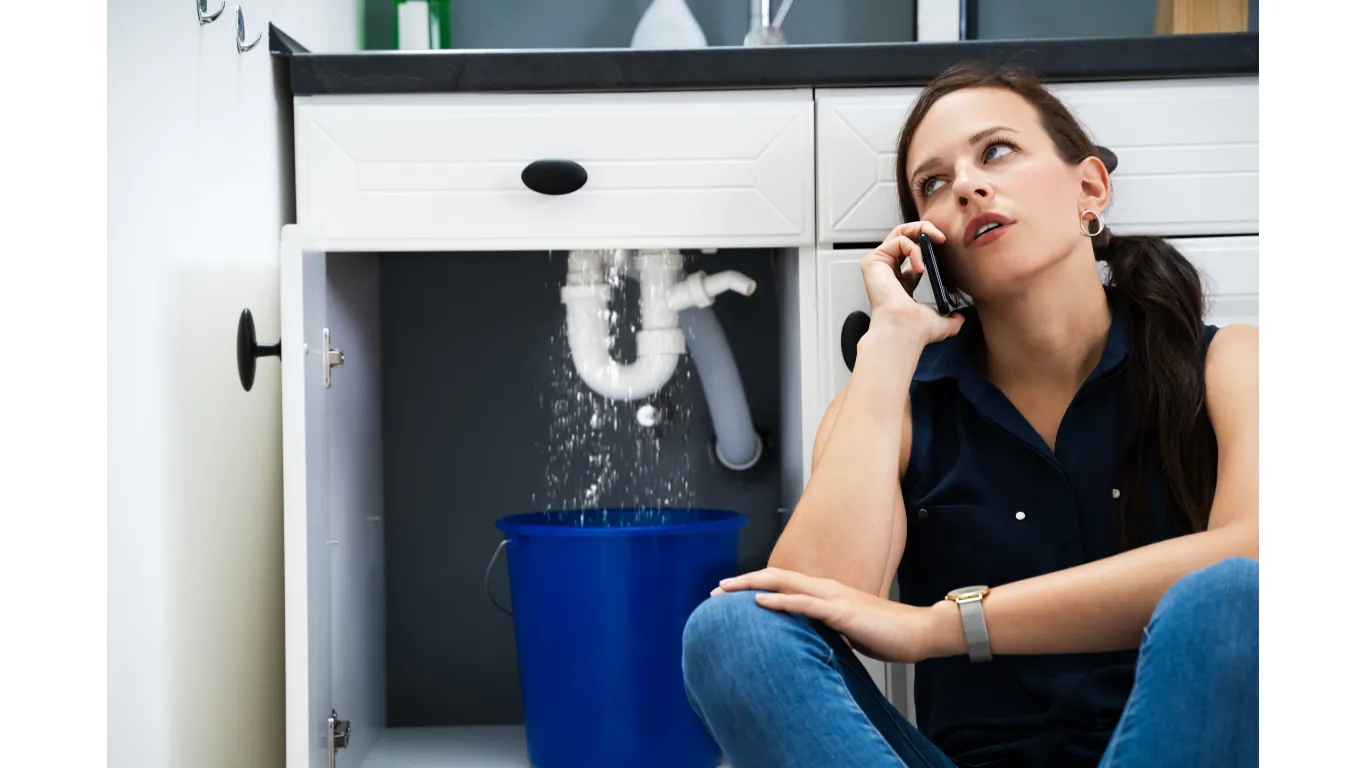
Do Not Let a Plumbing Disaster Ruin Your Holiday
Get in Touch

